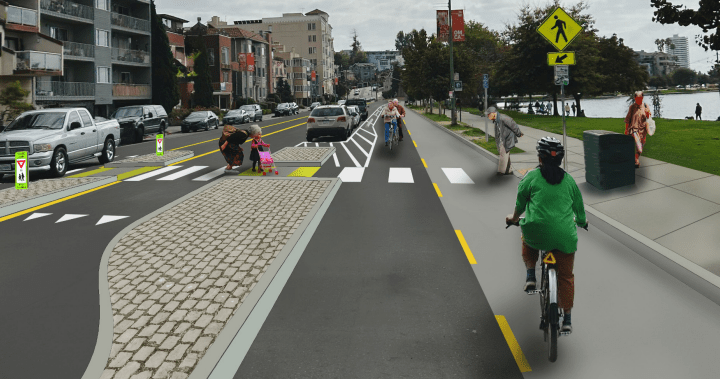Government subsidies for hybrid and electric cars, while "politically
seductive," will fail to achieve the Obama administration's national
pollution-reduction goals if they are not coupled with a significant
increase in fuel prices, according to a
new study by Harvard University researchers.
The team at Harvard's Belfer Center
for Science and International Affairs used U.S. Department of Energy
economic models to evaluate six possible outcomes for Washington's newly
reinvigorated push for a 17-percent cut in U.S. emissions by 2020,
in keeping with President Obama's pledge
at the global Copenhagen climate talks.
Five of the Harvard team's six outcomes assumed a future carbon
price of $30 per ton (higher than the price envisioned in the
House-passed climate bill) that rises over time, with other tweaks added
to the system, including continued government tax credits for hybrid
and electric vehicles, an immediate 50-cent hike in the gas tax, and
more increases in auto fuel-efficiency standards.
The researchers concluded that taxpayer-funded clean-vehicle
credits "are expensive and not particularly effective at reducing CO2
emissions, at least in the near term." In order to trim transportation's
30-percent contribution to total U.S. emissions, the Harvard team
recommended an all-of-the-above approach:
[O]ptions now being discussed in Congress cannot bythemselves achieve the significant reductions in the transportationsector needed to meet the Obama administration’s targets for total U.S.greenhouse gas emissions by 2020. The most effective policy for reducing CO2 emissions and oil imports from transportation is to spur thedevelopment and sale of more efficient vehicles with strict efficiencystandards while increasing the cost of driving with strong fuel taxes.Without addressing both, CO2 emissions from the U.S. transportationsector will continue to grow.
Of course, higher gas taxes are as anathema to politicians as clean-car
subsidies are alluring -- which is leaving green groups wary of a
bipartisan Senate
proposal to include a new motor-fuel fee in climate legislation.
The oil industry has said it prefers a new carbon tax on fuel because
companies can more
easily pass on the costs to consumers, attributing the resulting
gas-price hikes to congressional climate action.
From the Harvard researchers' perspective, however, expensive fuel
is merely a means to an end.
"A fundamental insight from this study," they concluded, "is that
if one wishes to reduce U.S. CO2 emissions or net petroleum imports from
the transportation sector during 2010-2030, consumers cannot continue
to drive more and more each year ... in this study, higher fuel prices
are the mechanism to reduce vehicle-miles traveled."





